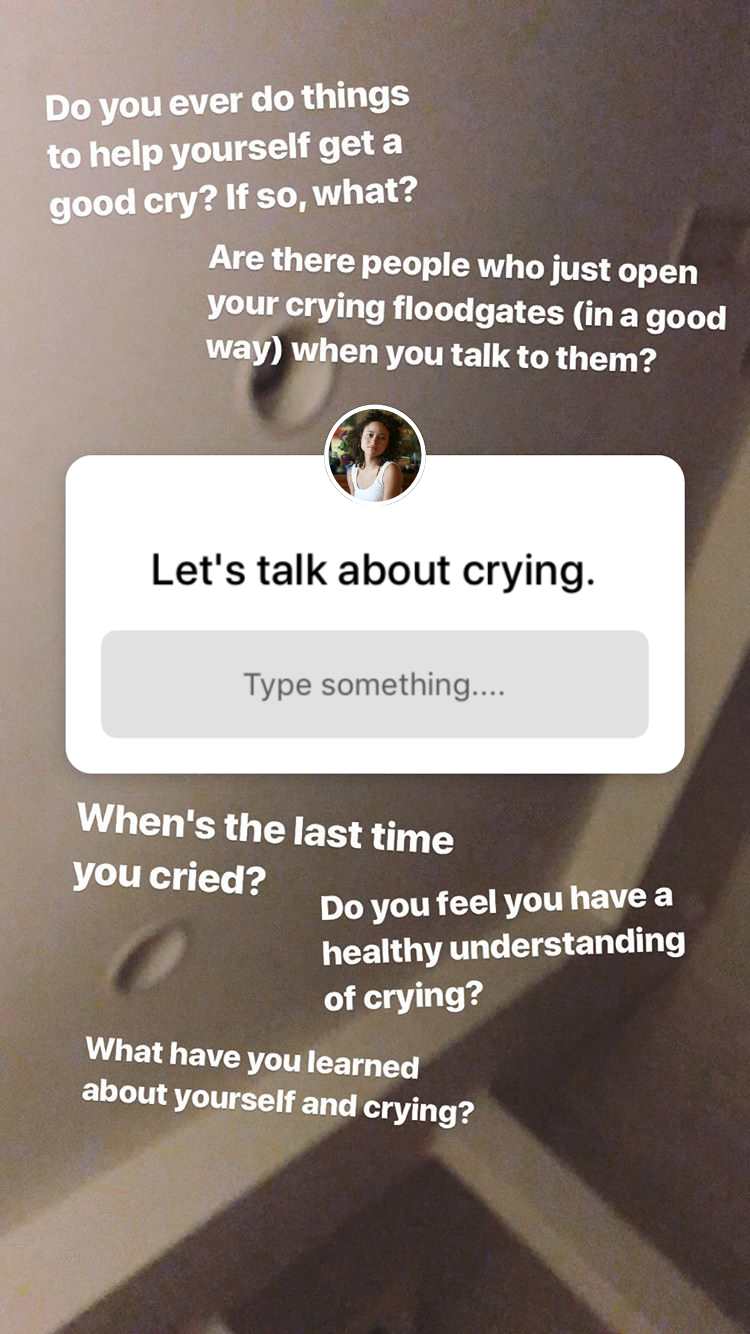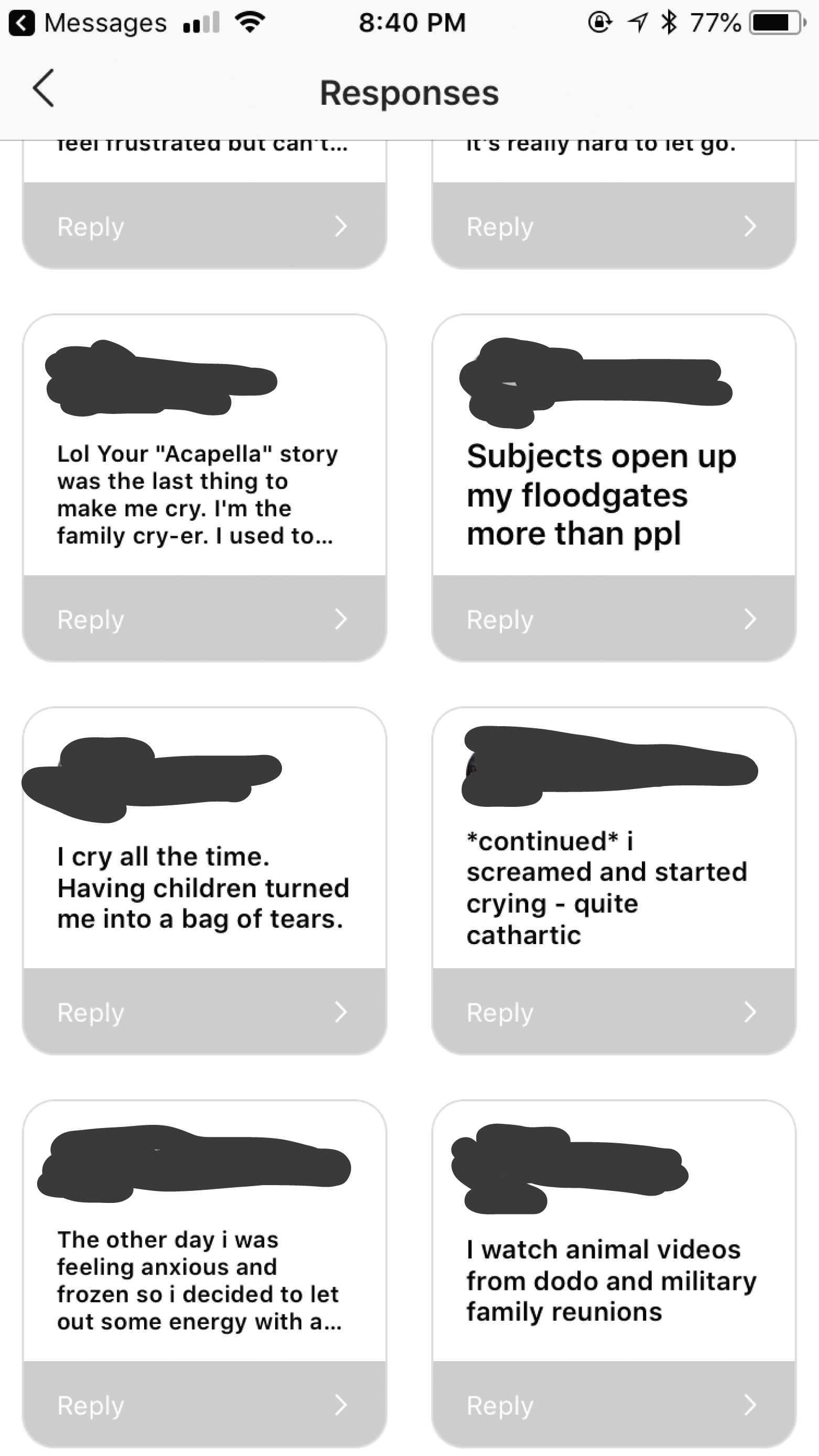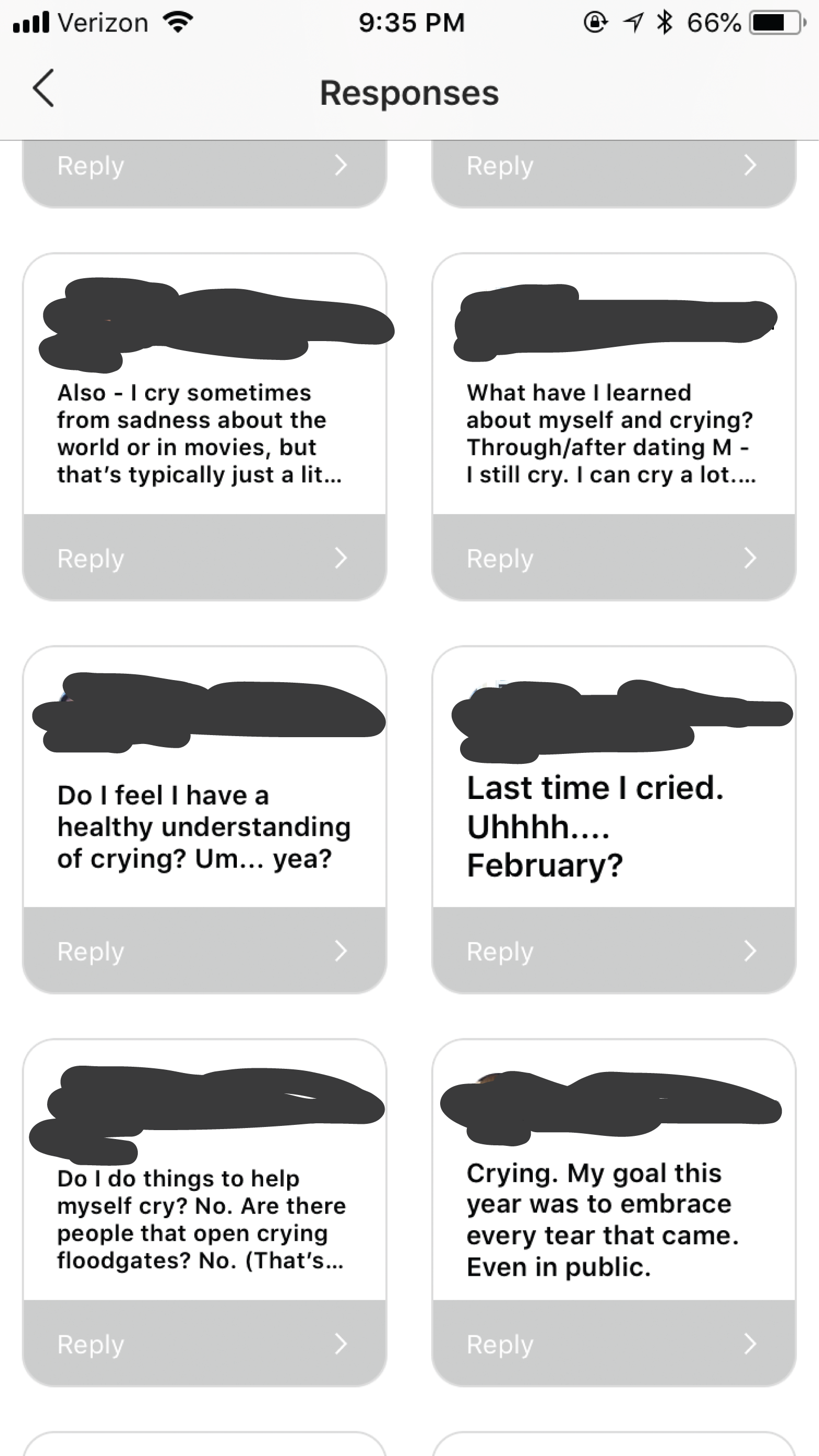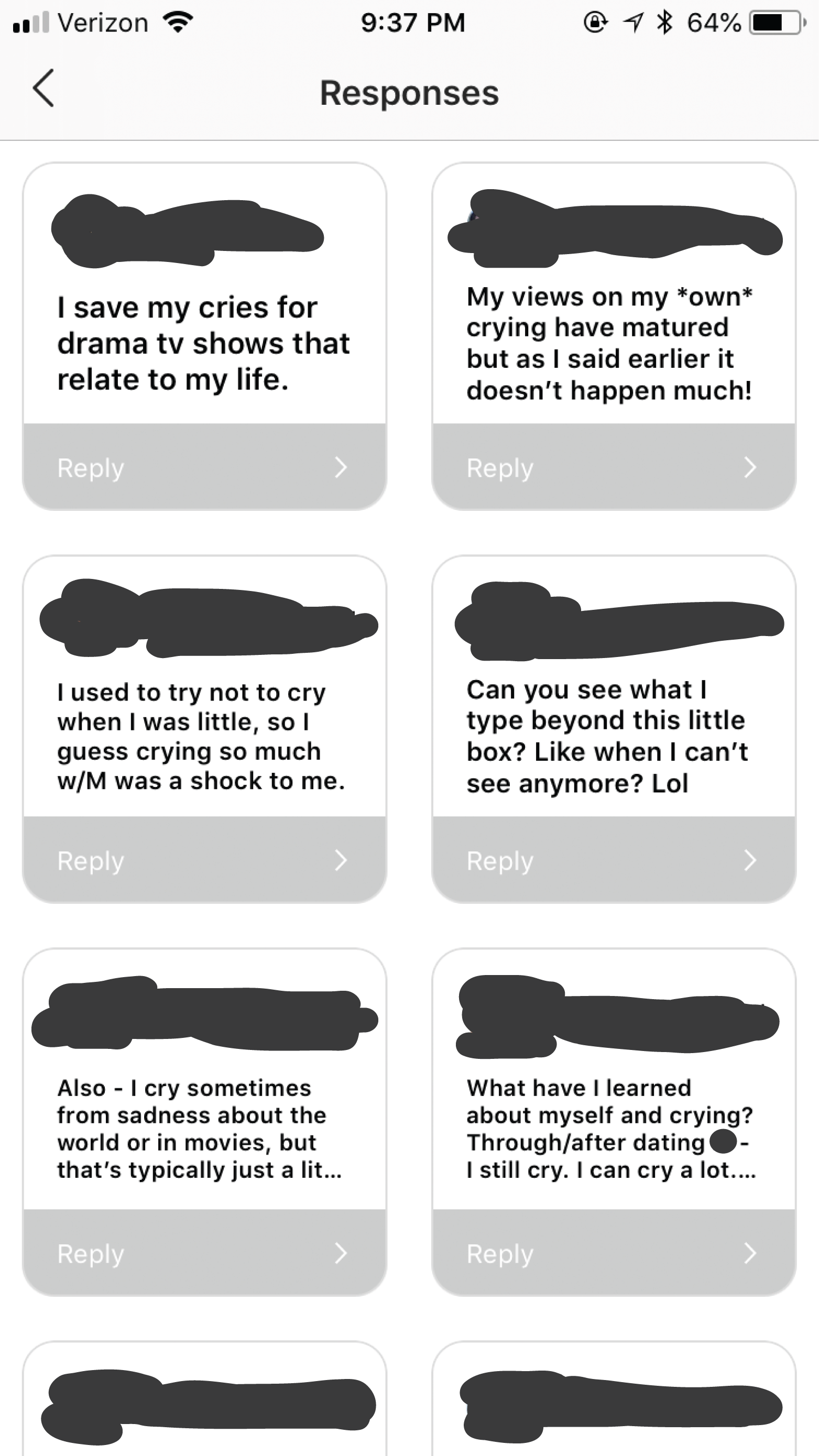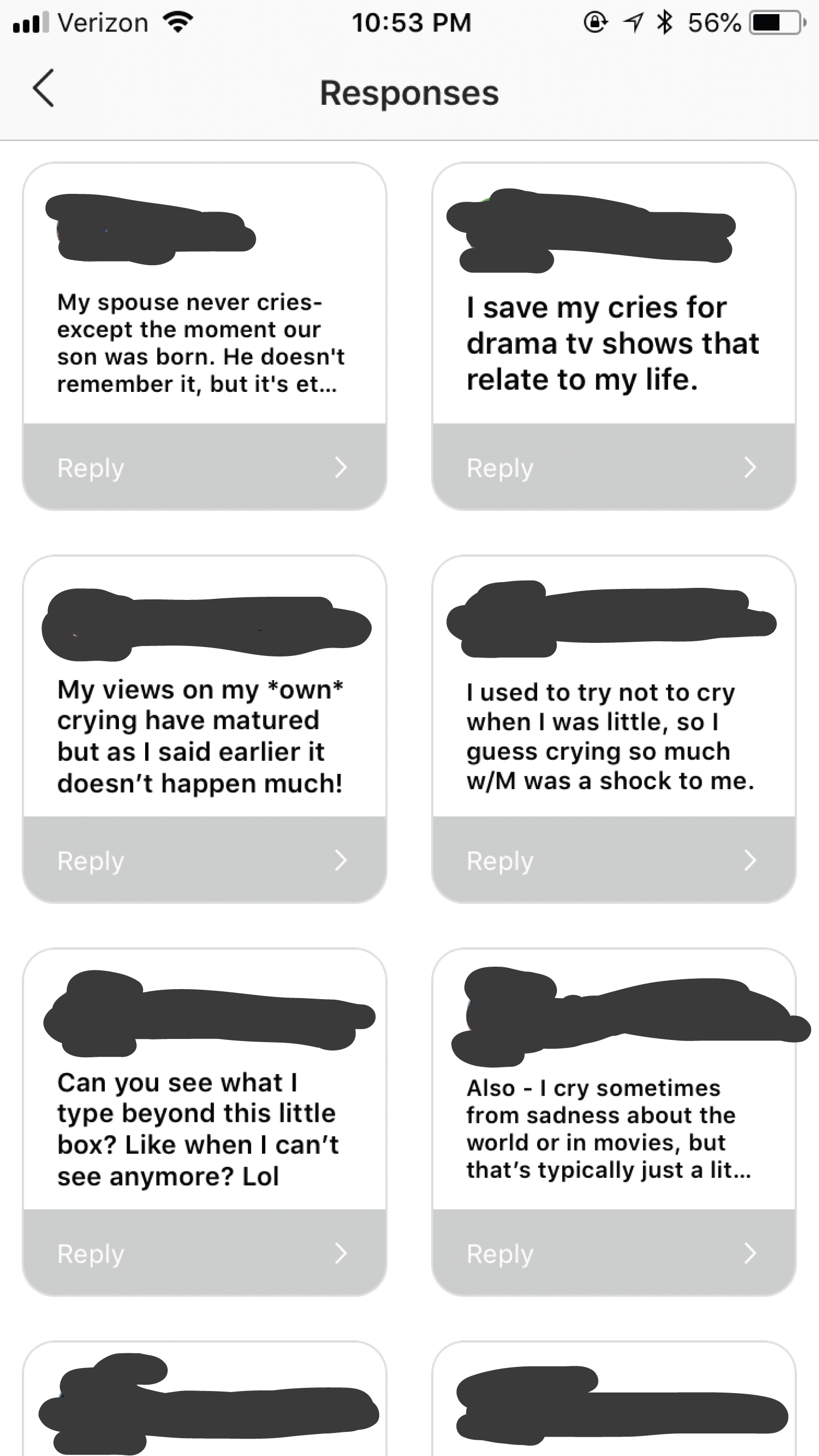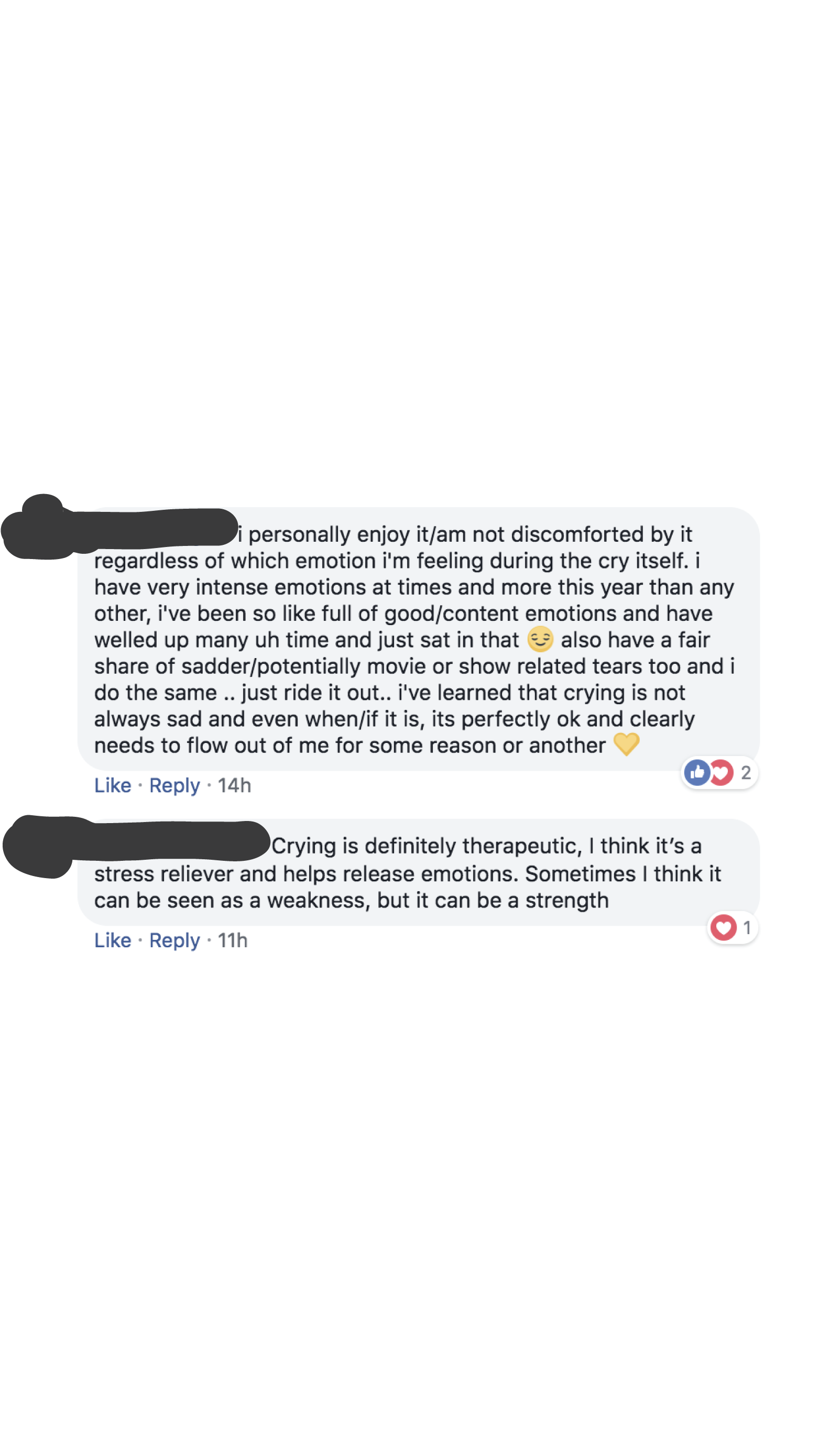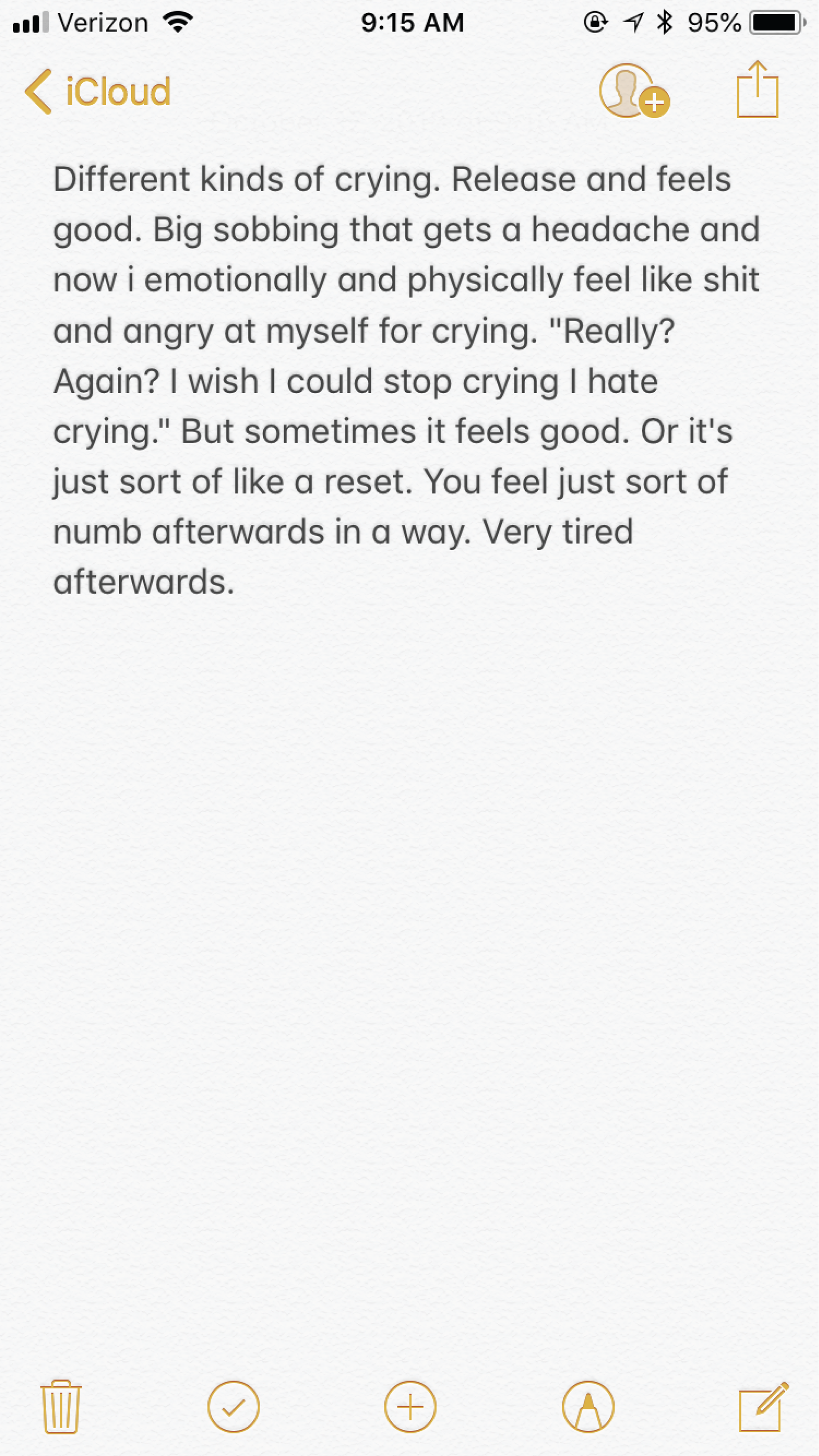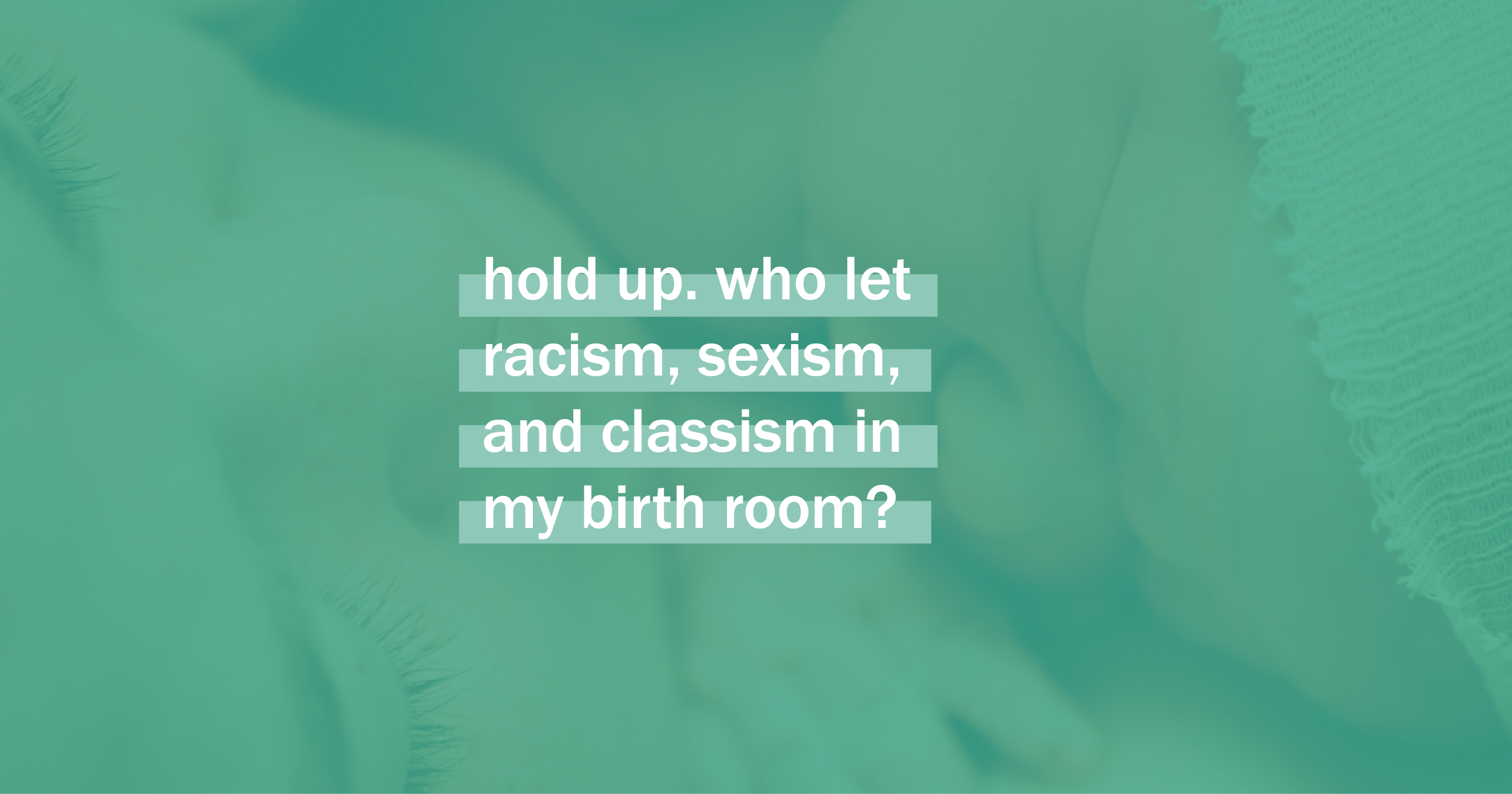Christianity as a Weapon
I knew that during slavery, people who called themselves Christian declared themselves superior over others to justify enslaving them, humiliating them, beating them, scarring them, separating them from their children and families, and killing them.
I knew that during integration, people who called themselves Christian resisted having Black students join their White children in school by building their own schools, schools explicitly created to maintain segregation, schools created through the houses of God, to reject other people created and loved by God.
I know now that today, people who call themselves Christian (and Catholic) are also doctors and staff in hospitals that turn pregnant people away from appropriate care, often without explanation, because of policies that are based in religious belief, for example, ones that confuse the lines between appropriate medical treatment and abortion.
Specifically, Kira Shepherd spoke about a pregnant woman who had gone to the hospital twice during early pregnancy with intense pain and bleeding, and was sent home twice with only aspirin, and nearly died, because doctors felt the treatment that would solve her medical issue could endanger the unborn baby (essentially saying that the woman’s life was less significant than her unborn child’s life).
Is it not nonsensical, that people who base their beliefs on Jesus who healed even on the days it was unlawful to do so on, would deny medical care to those explicitly seeking it from them?
My Personal Wrestling with God
Grappling with tensions and realities like these have led to me to an incredibly difficult place of introspection and questioning. It’s not unlike my teenage years when I asked myself, “Is this my faith? Or is it simply my parents’ faith?” In this season of my life, watching all that has been done in the name of Christianity that has shaken me to my core, I have asked myself, “Am I ashamed of the Gospel?”
As a teenager, I read, and I researched, and I prayed, and day by day, in my mind and my spirit I knew that God was real, I knew that Jesus was my savior, I knew that His hand was on my life and that He had created me to use the skills He gave me to show His love and grace and mercy (and sometimes also anger) to those around me — those who knew Him, and those who weren’t so sure, and those who didn’t believe what I believe.
In this season, I have read, and researched, and prayed, and day by day, in my mind and my sprit I know that I am not ashamed of the Gospel, but I am deeply ashamed of the oppressive things that people have stood crookedly on the Gospel to do. It still confuses and frustrates me how it’s even possible. And to be entirely honest, I often feel like I exist on a desert island within my own faith, watching the main ship heave off without me, partially relieved because I know I don’t even belong on it, but mostly very sad.
What the Bible Actually Says
The whole point of striving for holiness as a Christian is to strive to be like The Holy One, Jesus Christ, the fulfillment of God’s law. Our












